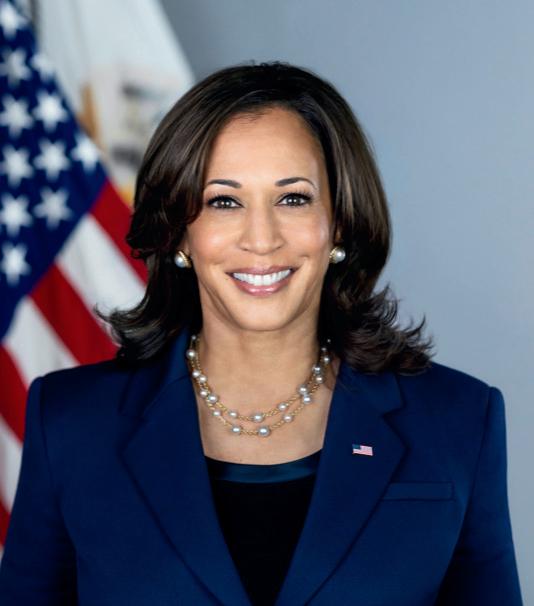
3 minute read
What Now
The Democratic Party’s Fractured Base: Losing the Youth and Diaspora Vote
For decades, the Democratic Party claimed to represent a wide array of interests under a “big umbrella,” but cracks are beginning to show. This fractured coalition now risks losing not only young progressives but also African diaspora voters who see firsthand how U.S. decisions affect African nations’ futures. The absence of strong stances on climate justice, economic inequality, and foreign policy alienates this crucial group, compelling some to explore alternatives, such as third-party candidates, whose platforms often include more progressive foreign policy. In states like Michigan, the Green Party’s rise highlights a desire among these voters for leaders who genuinely address issues affecting African and other immigrant communities. For African voters, this shift indicates a yearning for policies that connect more deeply with global concerns rather than the inward-focused “Immigration” rhetoric dominating recent administrations.
In the 2024 U.S. election, gender remains a complex factor. America’s reluctance to elect a woman to the presidency reflects a broader cultural struggle, not unlike the debates surrounding leadership across the African continent. African women leaders like Ellen Johnson Sirleaf of Liberia and Sahle-Work Zewde of Ethiopia exemplify what’s possible when nations embrace diverse leadership. The African diaspora in the U.S. can’t help but notice the stark contrast: while African countries advance toward inclusivity, the U.S. remains bogged down by archaic stereotypes and a profound reluctance to embrace female leadership. This reluctance has consequences. Young African diaspora women especially feel disillusioned with a system that seems to stymie their ambitions, not only in politics but also in other leadership spaces. As they watch women rise in Africa, the limitations they encounter in the U.S. feel all the more frustrating and, at times, hypocritical for a nation that claims to champion global democracy and gender equality.
For Africa, the U.S. election is not just a remote event but a seismic shift with local implications. U.S. foreign aid policies, trade agreements, and even military engagements all have direct impacts on African countries. For instance, shifts in climate policy influence funding for clean energy initiatives across the continent. Likewise, the U.S.’s stance on immigration affects African families split across borders, impacting remittances that support education, healthcare, and infrastructure back home.
African diaspora voters in the U.S. understand that they are voting not just for domestic policies but for the fates of their families, their communities, and even the futures of African nations. As a result, when the Democratic Party takes a “safe” route, it risks losing the allegiance of voters who want to see America stand firm on global justice. For these voters, the lack of bold action on issues like climate change, human rights, and trade is a failure that reverberates back to Africa, where U.S. influence often spells the difference between stability and unrest.
To win back African diaspora voters, the Democratic Party must reckon with its fractured base. This is more than an ideological shift; it’s an acknowledgment of a profound need for leadership that understands and integrates global responsibility. For the African diaspora, every U.S. election represents a call for leaders who respect and uplift global communities rather than isolating themselves under the guise of national interests. In the years ahead, the Democratic Party has the chance to recalibrate its approach, appealing not only to younger voters but also to diaspora communities that understand the transformative power of bold leadership.











